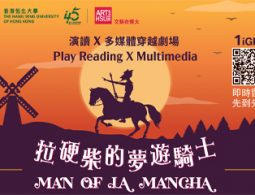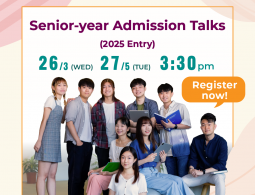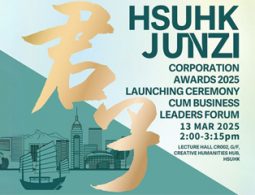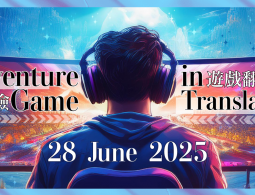The Hang Seng University of Hong Kong (HSUHK) hosted ‘The Regional Co-operation on Culture and Heritage Roundtable Forum’ on 29 March 2023 as a celebratory event for its 43rd anniversary, with the aim to foster regional cooperation on culture and heritage among ASEAN states and Hong Kong, as well as accelerate Hong Kong’s goal to be the East-meets-West centre for international cultural exchange.
The Forum was moderated by Professor Desmond Hui Cheuk-kuen, Founding Head of Department of Art and Design, HSUHK. The Forum speakers included Mr Danny Yung, Co-Artistic Director, Zuni Icosahedron; Ms Hang Chansophea, Representative of Culture and Heritage Sector at the Ministry of Culture and Fine Arts, Cambodia; Mr Yoganthiran Manikam, Vice Consul (Tourism), Consulate General of Malaysia in the HKSAR; Mr Douglas So Cheung-tak, Chairman of the Museum Advisory Committee, and Chairman of the Antiquities Advisory Board, HKSAR, and Ms Melanie Kwok, Assistant General Manager (Sustainability), Hong Kong Heritage Conservation Foundation Limited. Together, the panellists shared their insights on how culture and heritage can foster mutual exchange and development, how we can promote social, cultural and economic growth and how to propagate resilience, innovation and sustainability, alongside other topics.
In his opening address, Professor Simon S M Ho, President of HSUHK, said “Art and culture go beyond political and linguistic boundaries while strengthening social cohesion crossing.” He also noted that over the last two decades, Hong Kong’s art and cultural exchanges were mainly conducted with the West, but in the coming years, he believes that as one of the world’s fastest-growing regions that also shares common cultural traits with Hong Kong, Hong Kong’s focus for cultural exchanges should be reoriented towards the ASEAN region.
Professor Desmond Hui Cheuk-keun then introduced the topic of the Roundtable Forum, giving an overview of ASEAN’s history as well as the importance of cooperation, collaboration and exchanges between Hong Kong, China and the ASEAN region in the coming years.
The first speaker, Mr Yung, highlighted Hong Kong’s role in the 14th Five Year Plan and emphasised that universities, especially in Hong Kong, play a large role in facilitating education and conveying the importance of cultural cooperation and exchange among the ASEAN region, by means of cultural think tanks and initiating culture exchange and development policy debates to ultimately create successful ‘Culture Hubs’. He also shared multiple case studies to further demonstrate the strengths and challenges of Culture Hubs to help audiences understand why certain Culture Hubs have seen success in initiating debate and dialogue to bring regions closer together through partnerships and collaborations.
The next speaker, Ms Hang Chansophea further highlighted the importance of educating university students on culture and heritage through collaborations such as student exchange and study abroad programmes. She said “This promotes tolerance and friendships among national and international countries, especially among students”. She also mentioned that in addition to education and learning, such projects and collaborations positively impact the economy and create employment opportunities.
The following speaker, Mr Yoganthiran Manikam, inspired audiences with a video that presented the ‘Soul of Malaysia’. He further emphasised that “culture and heritage are the foundation of every society. They provide a sense of identity and common values that tie people together”, and that heritage tourism is one of the avenues that can support the economy, as tourists are very eager to learn, and locals are eager to get involved in propagating the resilience and sustainability of culture and heritage projects.
The next speaker, Mr So, provided insight on how Hong Kong plans to expedite its progression in positioning itself as an East-meets-West centre for international cultural exchange. He also informed audiences that “Hong Kong is indeed one of the leading art markets in the world. We are 2nd in the world in terms of the value of art transacted and occupy 25% of market share of all the important art transactions in terms of value”. Mr So also emphasised the importance of working with both the public and private sector to generate employment and growth.
Ms Kwok, the next speaker, further emphasised Hong Kong’s strategic location as well as the great importance Hong Kong places on preserving its own culture and heritage through conservation projects. Speaking on the conservation and renovations of Tai O Heritage Hotel and Tai O village, Ms Kwok said “we are promoting sustainable tourism with free guided tours and working with the community. Additionally, all profits we make are donated to the Tai O community to support local cultural activities”. She also mentioned the importance of nurturing the education and passion of future leaders in sustainable tourism and hospitality.
Mr Brian Wong, Founding Editor of Oxford Political Review, spoke enthusiastically during discussion on three areas that need more attention for Hong Kong and ASEAN collaborations. Firstly, the current knowledge deficit, as there is a lack of knowledge and appreciation of the origins and history of traditions, cultures and heritage. Secondly, an inherent accessibility issue, saying that “the arts need to be inclusive of different voices, different people from different walks of life, and accessible to all”. And thirdly, that it is essential to escape the temptation of dogma and be willing to stretch the boundaries of what we can foster among ASEAN nations and Hong Kong. He also highlighted the importance of government-to-government collaborations, but also mentioned that even more can be achieved with academia-to-academia and business-to-business collaboration and exchange. He concluded by saying “we need to systematically and organically foster cultural exchange in day to day life to truly bring about change”.
The Roundtable Forum concluded with one all-encompassing question by Professor Hui for all panellists, “What vision would you bring to this partnership between ASEAN and Hong Kong?” Collectively, all speakers once more discussed the importance of education and universities’ role in fostering dialogues such as the Roundtable Forum, partnerships and exchanges to nurture the leaders of tomorrow, as well as ensuring that there is sufficient training and job opportunities in the culture and heritage space to continuously build momentum and bring nations closer together.
Professor Ho wrapped up the Roundtable Forum by saying “without knowing ourselves first, character value and confidence is hard to build in order to go out and let people know who we really are”. He also expressed HSUHK’s commitment towards launching more platforms for people from all over ASEAN and the world to come together, and that this Roundtable Forum was only the beginning of such regional cooperation dialogues in fostering mutual communication and cooperation.
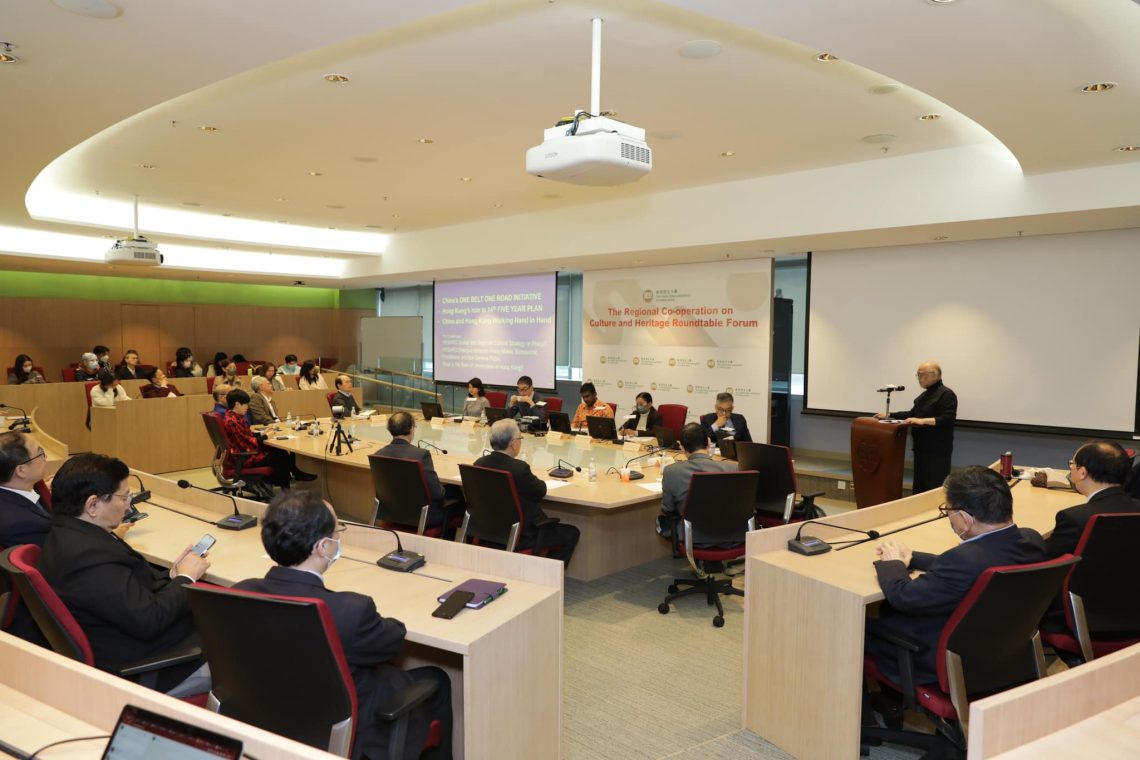
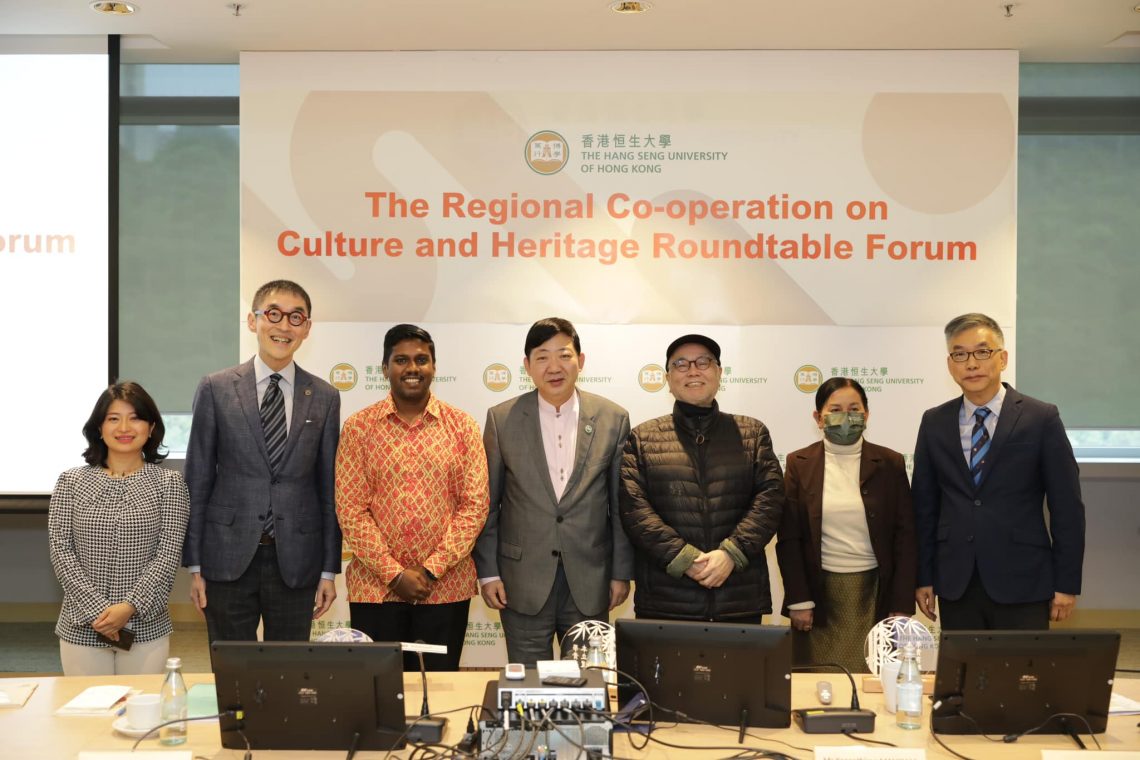
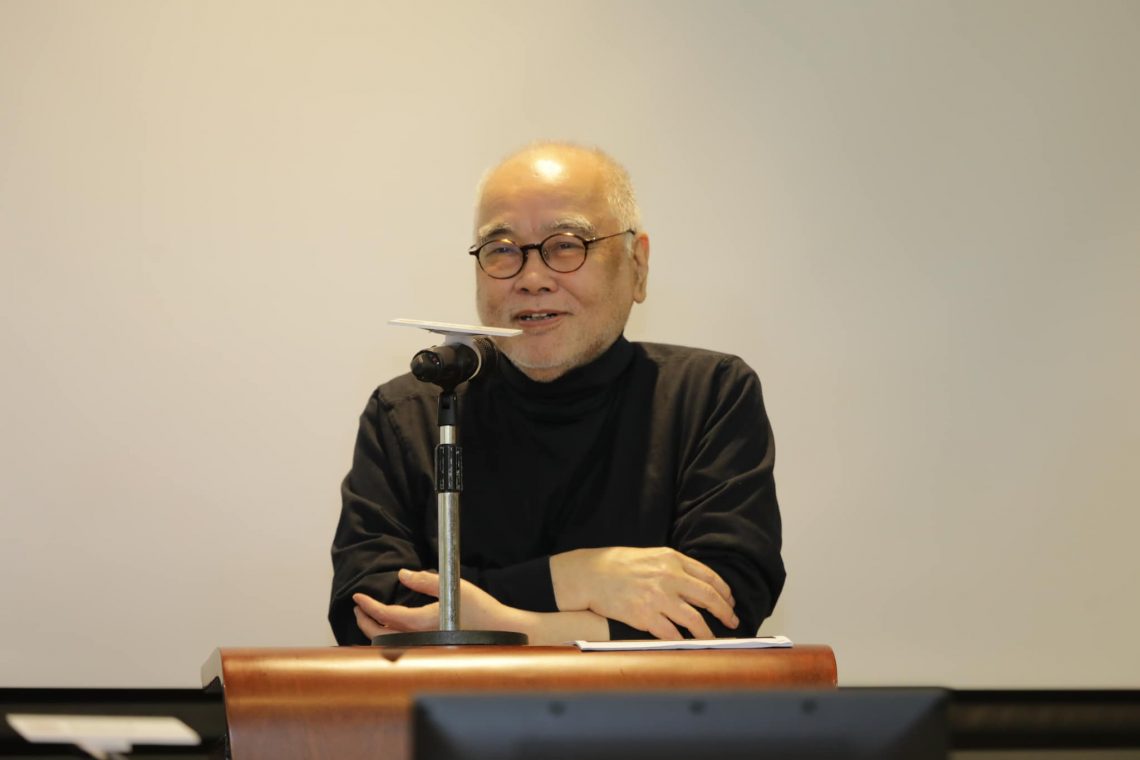
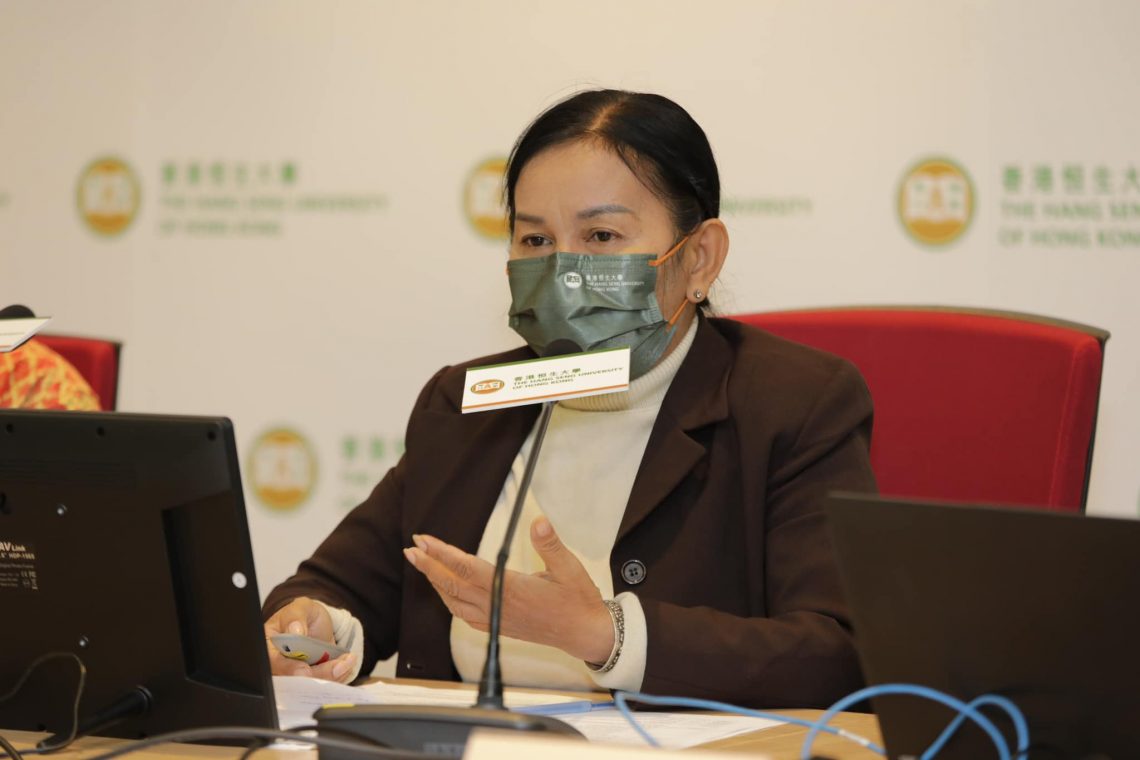
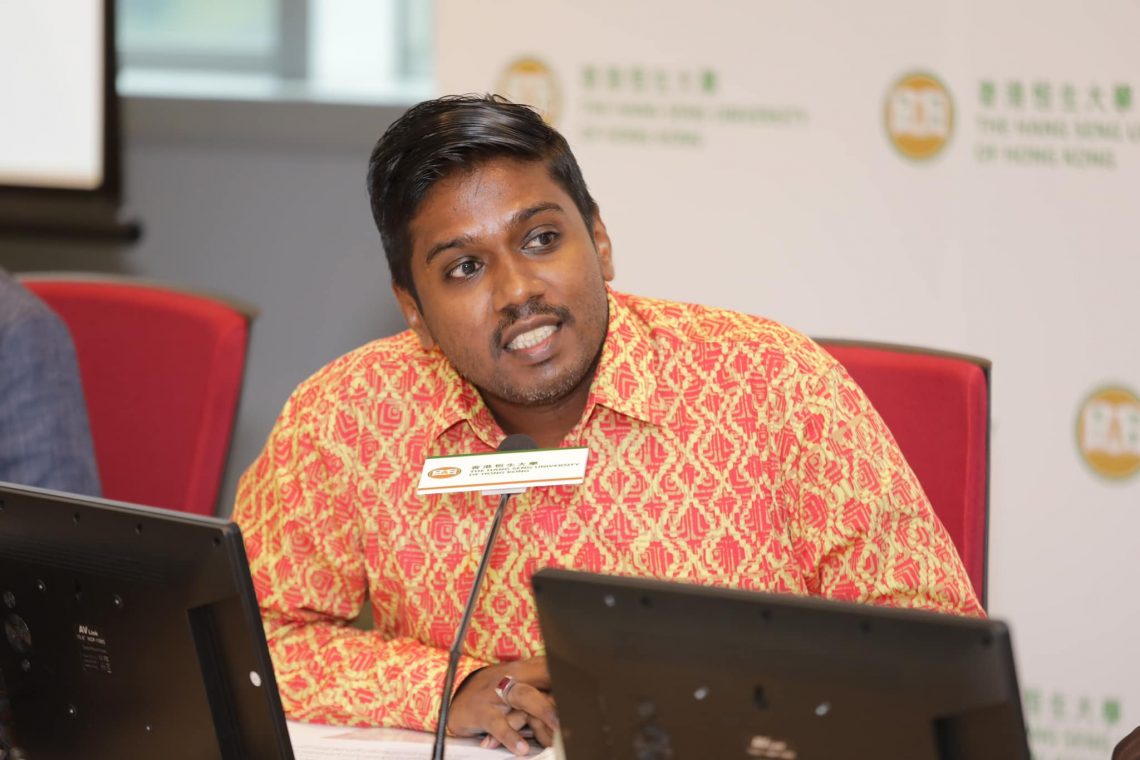
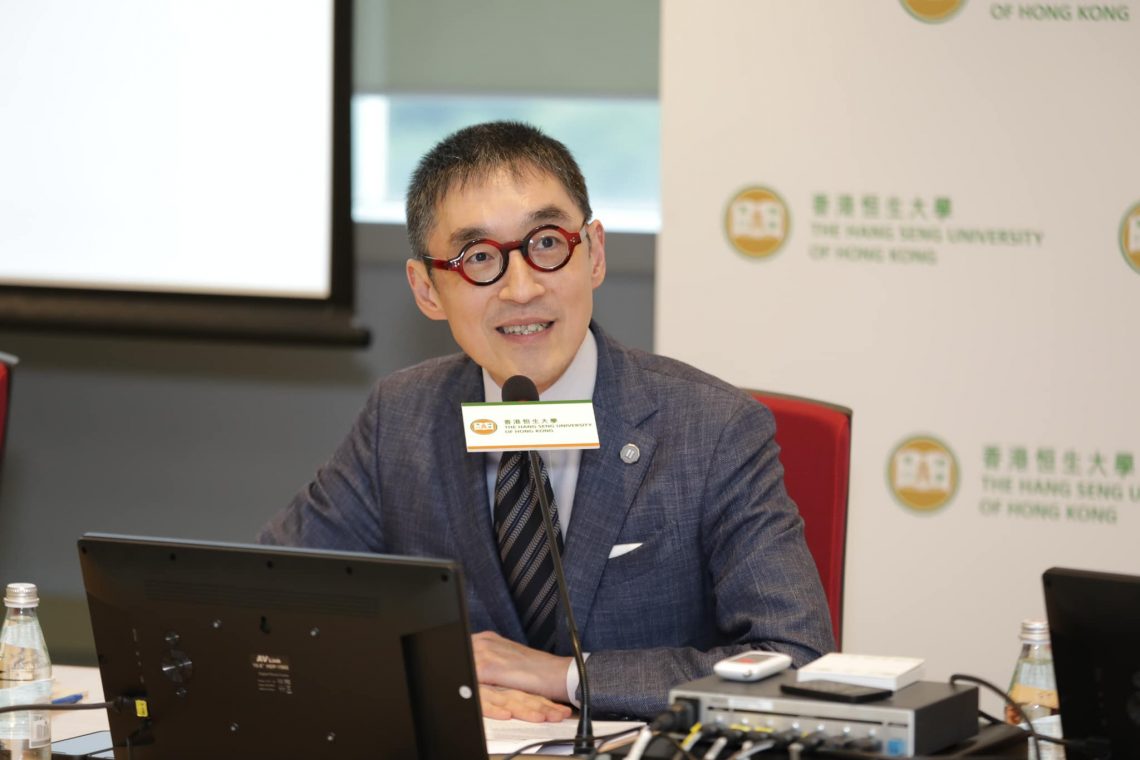
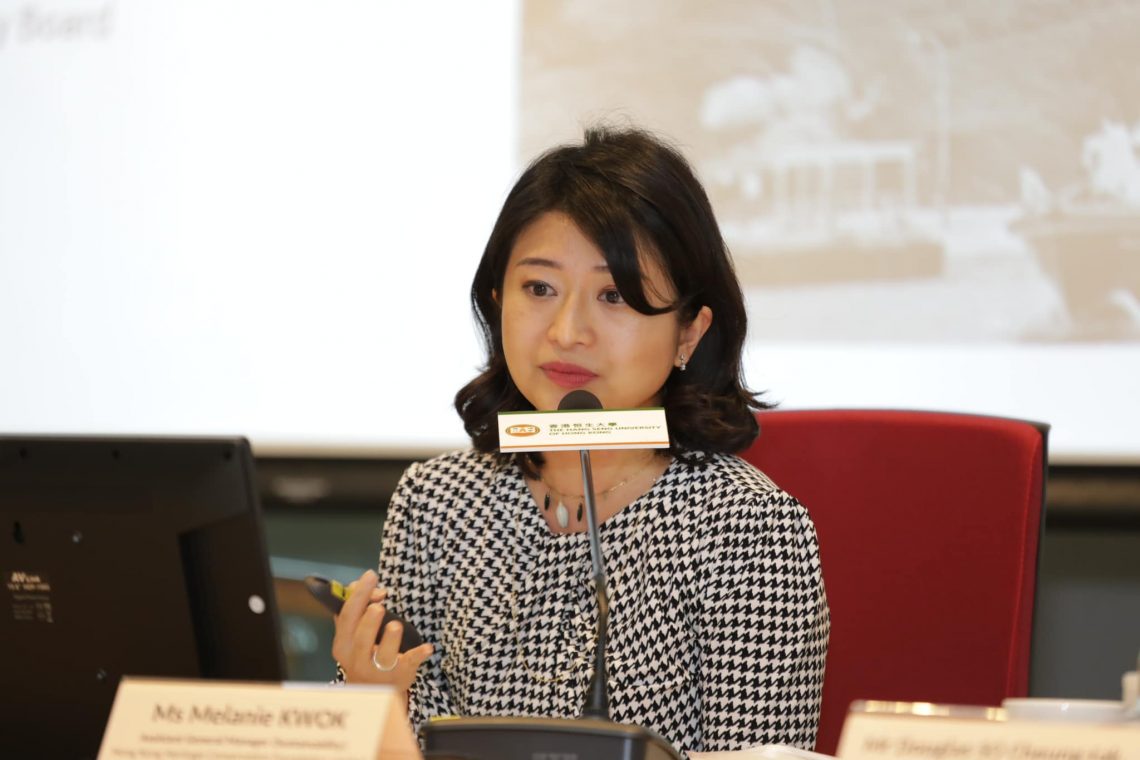
Related Posts
HSUHK The Junzi Corporation Awards Project 2025 Launching Ceremony cum Business Leaders Forum
The Junzi Corporation Awards Project 2025 Launching Ceremony cum Business Leaders Forum (The ceremony) will be held at 2:00 pm on 13 March 2025 (Thursday)…

